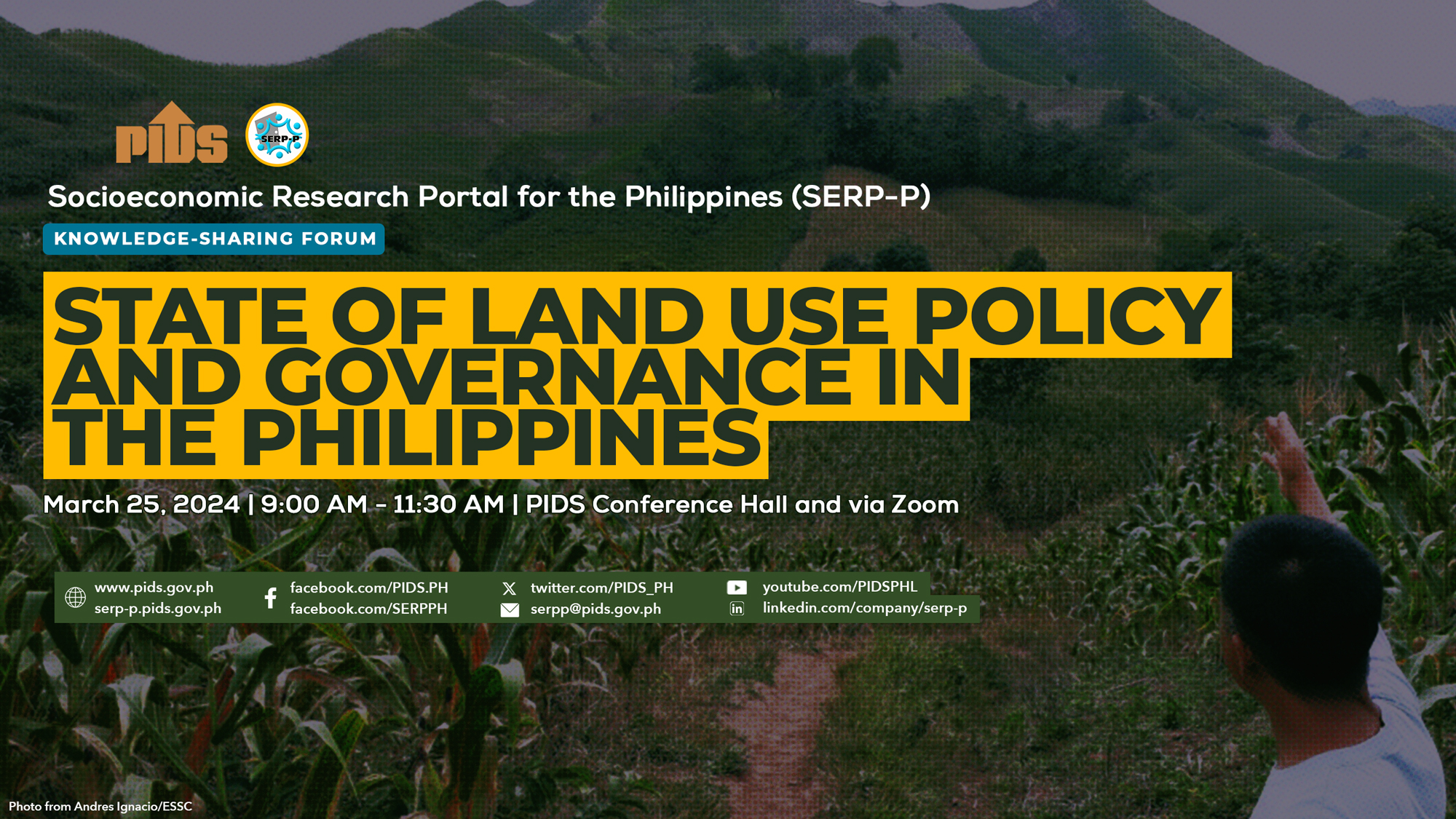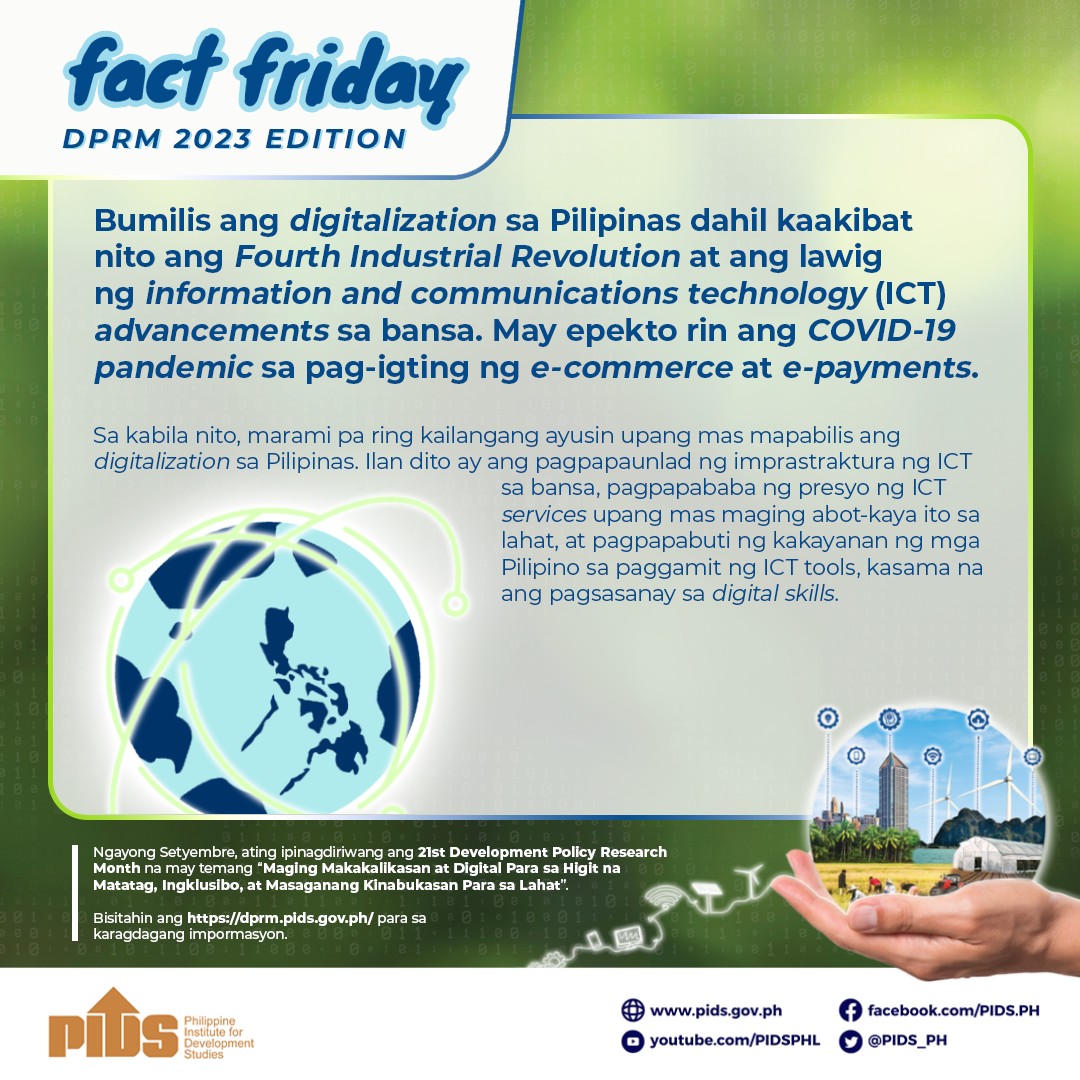The Department of Information and Communications Technology (DICT) is embarking on various statistics research after the success of the National ICT Household Survey (NICTHS) 2019, the Department announced during the 31st National Statistics Month Celebration on 01 October 2020.
The National Statistics Month is an annual celebration under Presidential Proclamation No. 647. It aims to promote, enhance and instill awareness and appreciation of the importance and value of statistics to the different sectors of society, as well as to elicit the cooperation and support of the general public in upgrading the quality and standards of statistics in the country.
Under the ICT Statistics Roadmap 2020-2022, the DICT is mandated to conduct surveys as part of the Digital Philippines initiative. These includes the Women and Development Index Survey 2020, NICTHS Expanded Data Analysis and Policy Research, Education and ICT Survey, Information Technology and Business Process Management (IT-BPM) Survey 2021, National Government Agencies (NGA) – Local Government Units (LGU) Survey, and the National ICT Household Survey 2022.
“Data and ICT statistics serve as our guide in ensuring that are government is steering national ICT development initiatives on the right course… Data gathered can help government agencies monitor programs and develop evidence-based projects and policies geared towards improving the lives of Filipinos, especially now as the country transitions to a new way of life,” DICT Secretary Gregorio B. Honasan II said.
NICTHS 2019 is the first survey of its kind conducted by the DICT in partnership with the Philippine Statistical Research and Training Institute (PSRTI) and the Philippine Statistics Authority (PSA). It assesses the country’s status in terms of ICT and offers baseline data on ICT access and usage in households and communities across the country.
A total of 43,838 households from 2,617 barangays were surveyed using household and individual questionnaires. Barangays were also surveyed using a community questionnaire.
The household questionnaire centered on Filipino households’ access and usage of ICT devices and services. The individual questionnaire, on the other hand, measured individual knowledge, access, and usage of ICT. Lastly, the community questionnaire focused on ICT infrastructure and equipment present in the community.
“The survey results have triggered the exploration of emerging policy areas. Through our partnership with the Philippine Institute for Development Studies, the DICT would like to promote data utilization to identify policy directions for sound ICT infrastructure development and promoting the use of digital technologies by every citizen,” Diana May V. Cabrales, OIC Assistant Secretary and Director of DICT’s Legal Service, said.
Results of the survey can be accessed at the ICT Knowledge Portal at https://dict.gov.ph/ictstatistics/nicths2019/.












